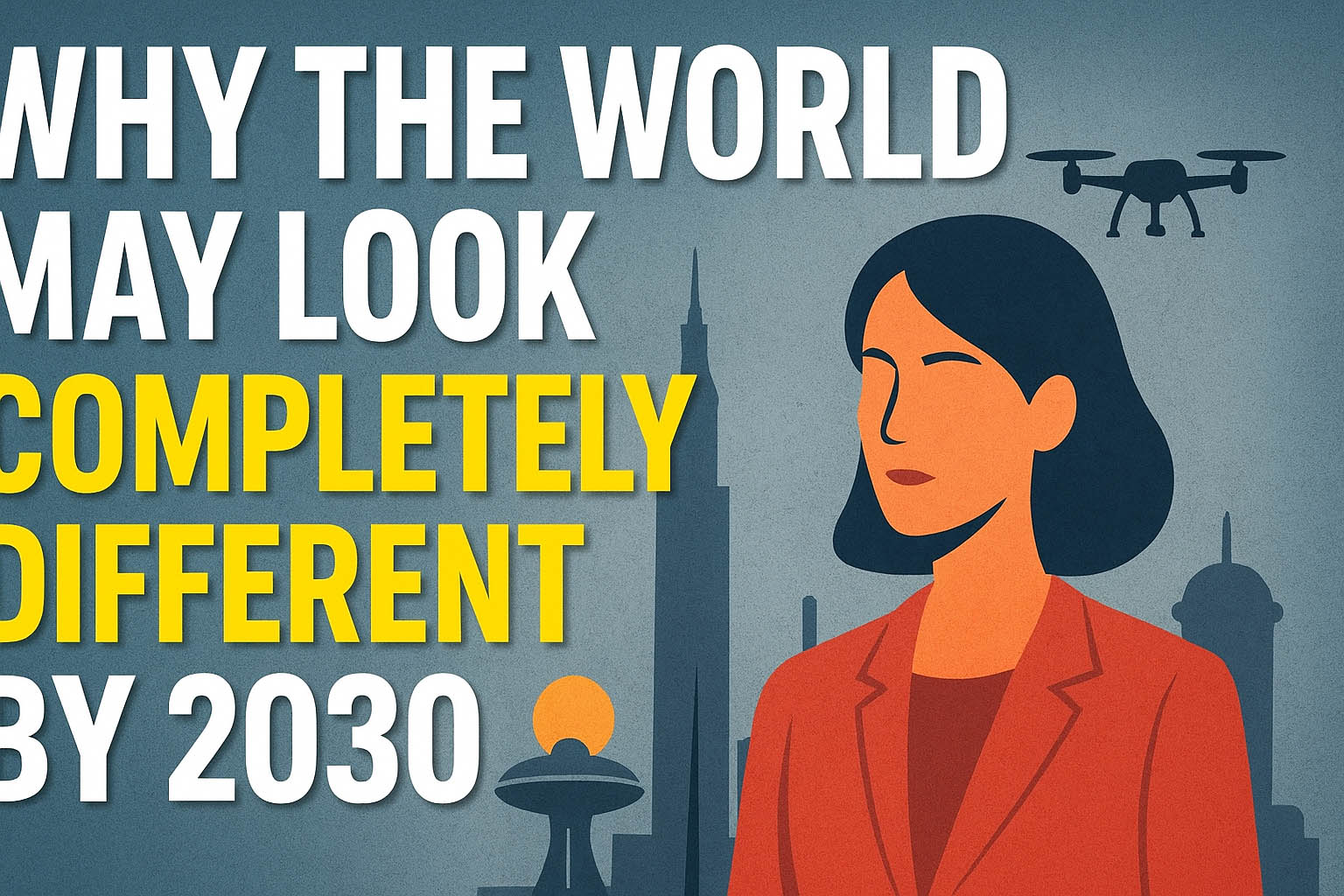The military parade held in Beijing to mark the 80th anniversary of China’s victory over Japan echoed not only across international media but also sparked new debates in diplomatic circles. The Chinese armed forces showcased their most advanced military might in a spectacular display. It was a remarkable demonstration of human expertise, witnessed by multiple world leaders, where destructive modern weapons were unveiled for the first time. According to experts, these included long-range nuclear missiles, high-energy lasers, and high-power microwave weapons — a clear signal to rival powers like the United States.
What drew the world’s particular attention was the sight of Pakistan’s Prime Minister Shehbaz Sharif standing in the front row alongside the presidents of Russia, China, and North Korea. In neighboring India, this scene triggered a heated debate. Observers suggest it has fueled speculation about the emergence of a new global power bloc. The question arises: Has Pakistan fully aligned itself with the China-Russia camp?
For many analysts, the answer lies in the symbolism of this event. China’s display of strength was not just a commemoration of past victories but a declaration of its role as a rising superpower. Weapons like the DF-5C intercontinental ballistic missile, high-energy lasers, and microwave systems demonstrated China’s ability to neutralize U.S. defense technologies — a direct challenge to American naval, air, and drone dominance. Experts believe that while these capabilities primarily threaten U.S. allies like Japan, South Korea, and Taiwan, their long range — up to 20,000 kilometers — shows that China’s reach is truly global.
Equally important was Russia’s offer to support China in nuclear reactor development, presented as a strategic partnership aimed at challenging Western dominance in energy and technology. This signals a defense and energy collaboration that has significant global implications.
In this shifting geopolitical landscape, Pakistan holds a unique place due to its geography, nuclear capability, role in the Muslim world, and resilient people. Prime Minister Shehbaz Sharif’s presence in Beijing’s front row reflected Pakistan’s growing closeness with China. This presents both opportunities and challenges: while Pakistan stands to gain from expanded economic and defense cooperation with Beijing, it must also balance its ties with the West, particularly the U.S.
Experts argue that Pakistan should avoid being tied to any single bloc and instead pursue a balanced, multi-vector foreign policy to safeguard its national interests. Its active role in the Shanghai Cooperation Organization and expanding economic ties with China illustrate this strategy, but wisdom, foresight, and adherence to Islamic principles of justice, honesty, and fairness are essential for Pakistan’s leadership. The nation must focus on internal reform, uphold truth and integrity in governance, and work for Muslim unity so that its role on the global stage becomes one of peace, stability, and prosperity for humanity.
Meanwhile, devastating floods caused by heavy rains, melting glaciers, and water released from India have engulfed large parts of Punjab and are now threatening Sindh. Villages along the Indus River face grave risks. Floodwaters have already submerged millions of acres of farmland, displacing communities and causing losses estimated at $7–8 billion. While Punjab’s government has managed evacuations responsibly, the enormous task of rehabilitation now lies ahead.
This crisis underscores the urgent need for Pakistan to rethink its lifestyle and policies. Beyond relief efforts, long-term measures such as new water reservoirs, agricultural reforms, afforestation, and restoration of waterways are critical to safeguard against future famines and disasters. While natural calamities cannot be prevented, resilience and preparedness — along with moral, ethical, and national reforms — can help Pakistan endure such tests.



